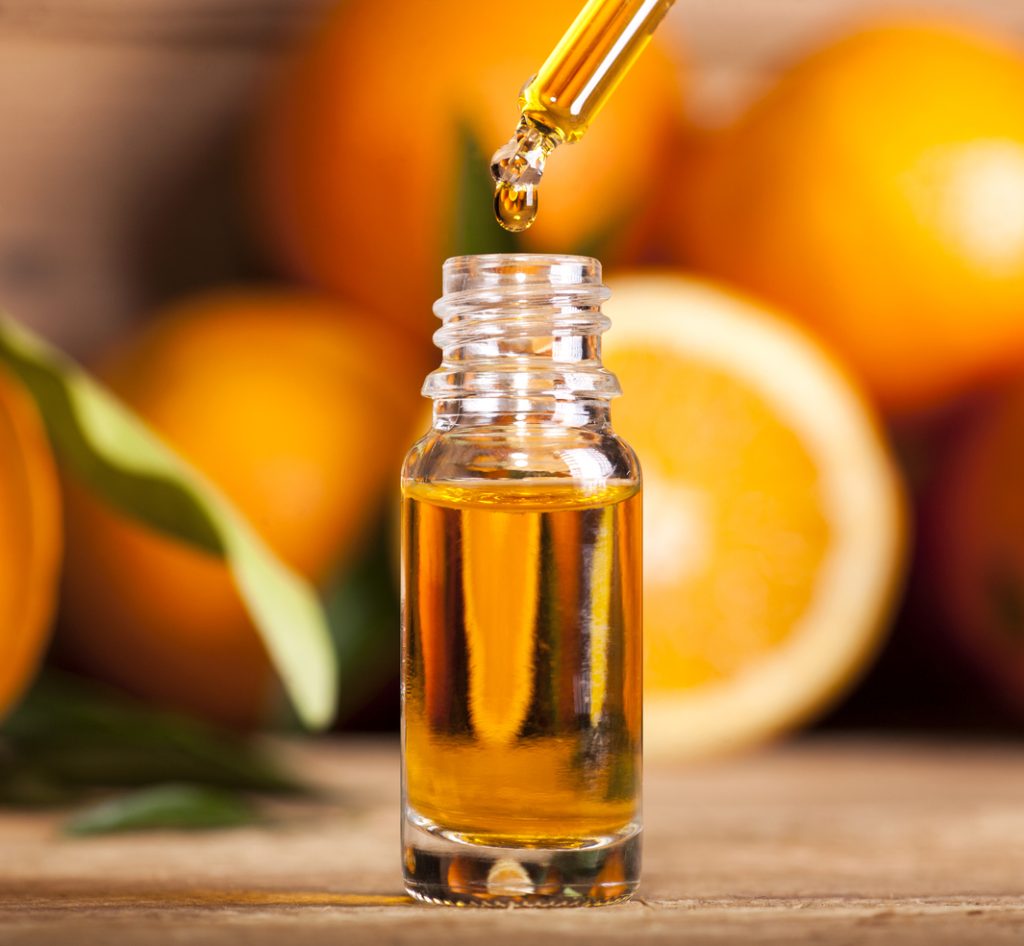Tangerine Seeds

What are Tangerine Seeds?
Tangerine Seeds (ju he, 橘核) are small, teardrop-shaped seeds that come from Tangerine, a fruit that is also known as Mandarin Orange, Satsuma or Citrus Reticulata. The fruit is known for its juicy, easy-to-peel fruit and tidy growth habit.
Tangerine seeds germinate best when fresh, and the seeds should be picked thoroughly and cleansed before sowing. Other than being used to grow a new plant, Tangerine seeds are also often used for medicinal purposes.
In Traditional Chinese Medicine (TCM), Tangerine Seed falls under the category of ‘Herbs that regulate qi’. Such herbs can treat Qi Stagnation, which refers to the blockage of qi in the body’s organs and meridians, most typically the stomach, Liver and to a lesser extent, the Lungs. In modern terms, Qi Stagnation often translates into psychological symptoms such as depression, irritability or mood swings. Qi stagnation is also often associated with conditions such as premenstrual syndrome (PMS), menopausal symptoms, the development of breast swellings and various digestive disorders.
Neutral in nature, Tangerine Seed does not affect the yin-yang balance in the human body. Bitter in taste, the herb can cleanse the human body by clearing Heat, drying Dampness and promoting elimination via urination or bowel movements. In particular, the herb targets the Kidneys and the Liver.
Functions and Benefits of Tangerine Seeds
Traditional Chinese Medicine (TCM) shows that Tangerine Seeds have the following health benefits.
Tangerine Seeds can promote and regulate the flow of qi to relieve pain and dissipate nodules. The herb is thus effective in treating pain caused by small intestine hernia disorders, swelling and pain of the testes, mastitis, breast nodules and lower back pain.
As Tangerine Seeds contain high amounts of antioxidants, they can protect the human body from damage caused by free radicals, reduce oxidative stress, improve energy levels and fight symptoms of aging. Tangerine Seeds may have anti-inflammatory effects on the body too as they were shown to have a positive effect on the treatment of acute hepatic inflammation in rats. These anti-inflammatory effects may soothe inflammation and hyperactivity in the respiratory, circulatory, digestive, nervous and excretory systems. It may also sedate depression, anger and impulsive responses.
Other than the above Tangerine Seeds benefits, USDA Agricultural Research Service has also reported that Tangerine Seeds contain high amounts of Limonoids, which have been shown to inhibit tumour formation in animals. Limonoids may help to lower LDL cholesterol levels as well.
Essential oil may be extracted from Tangerine Seeds to serve as flavouring agents for food, such as beverages, cakes and other dishes. The oil may also be used for its fragrance, such as in diffusers. Certain components of this oil may even stimulate the generation of new cells to promote general growth within the body, repair regular wear and tear and heal damage done to the body.
Tangerine Essential Oil is also considered to be a powerful blood-purifying agent. It may assist in the removal of toxic and unwanted substances from the body, such as uric acid pollutants and excess salt. The oil can also increase the oxygen-retaining capacity of red blood cells to further purify blood.
Tangerine Essential Oil may also prevent Sepsis, a dreaded infection that can cause swelling and reddening of wounds with acute pain. The herb can relieve spasms such as muscular cramps, respiratory spasms, digestive spasms and nerve spasms as well.
How to Use Tangerine Seeds
The recommended daily dosage of Tangerine Seeds is 3 – 10g.
To prepare Tangerine Seeds for consumption via pills, you can grind the herb into a fine powder and add it to wine to form pills. Prepare 6 – 9g of Tangerine Seeds and consume these pills one to two times a day. You can also consume it via decoction form, but do reduce the dosage of Tangerine Seeds during the preparation of decoction.
To use Tangerine Seeds in the form of essential oil, you can spray it in your home or on your personal belongings to enjoy the scent. Alternatively, you can also use it during your haircare to help strengthen hair growth and roots.

Cautions and Side Effects of Tangerine Seeds
Tangerine Seeds are not recommended for individuals in weak health conditions.
We strongly encourage you to consult your healthcare provider before deciding to add Tangerine Seeds to your healthcare routine.
Summary
Here is a summary for Tangerine Seeds:
- Herb name (Chinese): 橘核
- Herb name (Pin Yin): jú hé
- Herb name (English): Tangerine Seed
- Herb name (Botanical): Semen Citri Reticulatae
- Origin of species: Citrus reticulata Blanco and its cultivars
- Part(s) of herb used: Ripe Seed
- Geo-specific habitat(s): Guangdong, Fujian, Sichuan, Zhejiang, Jiangxi
- Taste(s) & Properties: Bitter; Neutral; Administrates the Kidney and Liver Meridians
- Actions: Relieve swollen groin or tender breasts
References
Agu, K. C., Igweoha, C. A., & Umeh, C. N. (2013). Antimicrobial activity of the ethanolic and petroleum ether extracts of tangerine seed on selected bacteria. International Journal of Agriculture and Biosciences, 2(1), 22-24. [Accessed on 20th November 2022]
Malacrida, C. R., Kimura, M., & Jorge, N. (2012). Phytochemicals and antioxidant activity of citrus seed oils. Food Science and Technology Research, 18(3), 399-404.[Accessed on 20th November 2022]
Omar, A. A., ElSayed, A. I., & Mohamed, A. H. (2022). Tangerine (Citrus reticulata L.) Wastes: Chemistry, Properties and Applications. In Mediterranean Fruits Bio-wastes (pp. 287-302). Springer, Cham. [Accessed on 20th November 2022]
Share this article on
